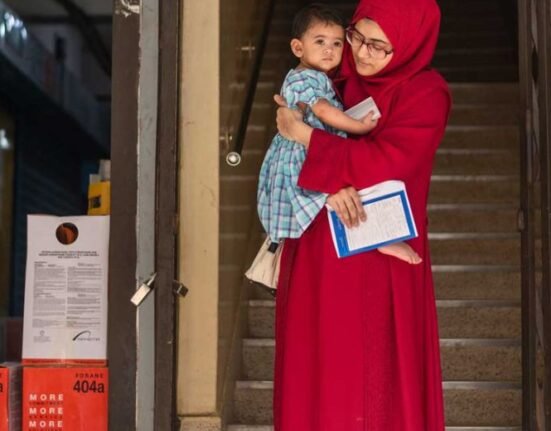HQ Team
September 19, 2024: Vanda Pharmaceuticals Inc’s gastroparesis drug to treat a serious stomach condition was rejected by the Food and Drug Administration (FDA), which asked for additional studies, according to a company statement.
The Washington D.C.-based company’s drug, tradipitant, is meant to treat gastroparesis, a condition that is characterized by delayed gastric emptying and associated with severe nausea, vomiting, difficulty finishing a normal meal and other symptoms.
The US drug regulator, USFDA, has sent a Complete Response Letter to Vanda and the company stated that its tradipitant application included evidence from two placebo-controlled studies, the results of which were published in peer-reviewed journals.
“The evidence of efficacy was further supported by exposure-response data from a large open-label study as well as the real-world experience of dozens of patients treated in an expanded access program, some for several years,” according to the statement.
Fails to meet main goal
Tradipitant did not meet the primary prespecified aim of an end-stage trial, according to study results published in January 2024. “However, the difference between the drug and placebo in the change of the severity of nausea from baseline to week 12 was not significantly different.”
At the same time, three separate and supportive subanalyses that controlled for “specific confounding factors” revealed statistically significant and clinically meaningful outcomes for gastroparesis patients treated with tradipitant.
The FDA letter was conclusory and generally disregarded the evidence provided and instead suggested that Vanda conduct additional studies “with a design and duration inconsistent with the advice of key experts in the field and not appropriate based on the scientific understanding and natural course of the disorder,” according to the statement.
Further, “the FDA’s action was delayed by more than 185 days and fails to satisfy the requirements specified by the Food Drug and Cosmetic Act.”
“Vanda believes that the tradipitant application has met the substantial evidence of efficacy standard with a favourable benefit-risk profile for the treatment of patients with gastroparesis.”
‘FDA refuses review’
There has been no effective treatment approved by the FDA in over 40 years for the stomach condition. Currently, the only FDA–approved medication for diabetic gastroparesis, metoclopramide, is restricted to a 3-month duration due to the risk of neurological side effects, according to the end-stage study.
“While Vanda has repeatedly requested that the FDA convene an expert advisory committee to review the application and advise the commissioner on the approvability of this application, the FDA has refused to do so,” according to the statement.
Vanda Pharmaceuticals had a long-drawn battle with the FDA over its rejection of Hetlioz, a drug for jet lag disorder. The regulator rejected the drug in 2019, and Vanda filed a lawsuit.
The regulator also shot down Hetlioz’s expansion plan to treat insomnia early this year.
Vanda, which licensed the drug from Eli Lilly in 2012, will continue to pursue the application for gastroparesis despite the setback, according to the statement.
It is also studying the drug to prevent vomiting during motion sickness and plans to submit a separate application for it later this year.








